5 GPTs for Legacy Modernization Powered by AI for Free of 2026
AI GPTs for Legacy Modernization refer to a specialized application of Generative Pre-trained Transformers in the process of upgrading or converting old software, systems, or databases to modern platforms and languages. These AI tools are crafted to understand and interpret the complexities of legacy systems, facilitating seamless transitions to newer technologies. By leveraging natural language processing and machine learning, GPTs offer custom solutions for analyzing, translating, and restructuring legacy code, making them invaluable for maintaining the relevance and efficiency of aging infrastructures in the digital era.
Top 5 GPTs for Legacy Modernization are: Mr. Stroustrup,Integray,PHP/Laravel Code Optimizer,Schema Migrate Wizard,C# SOLID Mentor
Mr. Stroustrup
Elevate Your C++ with AI
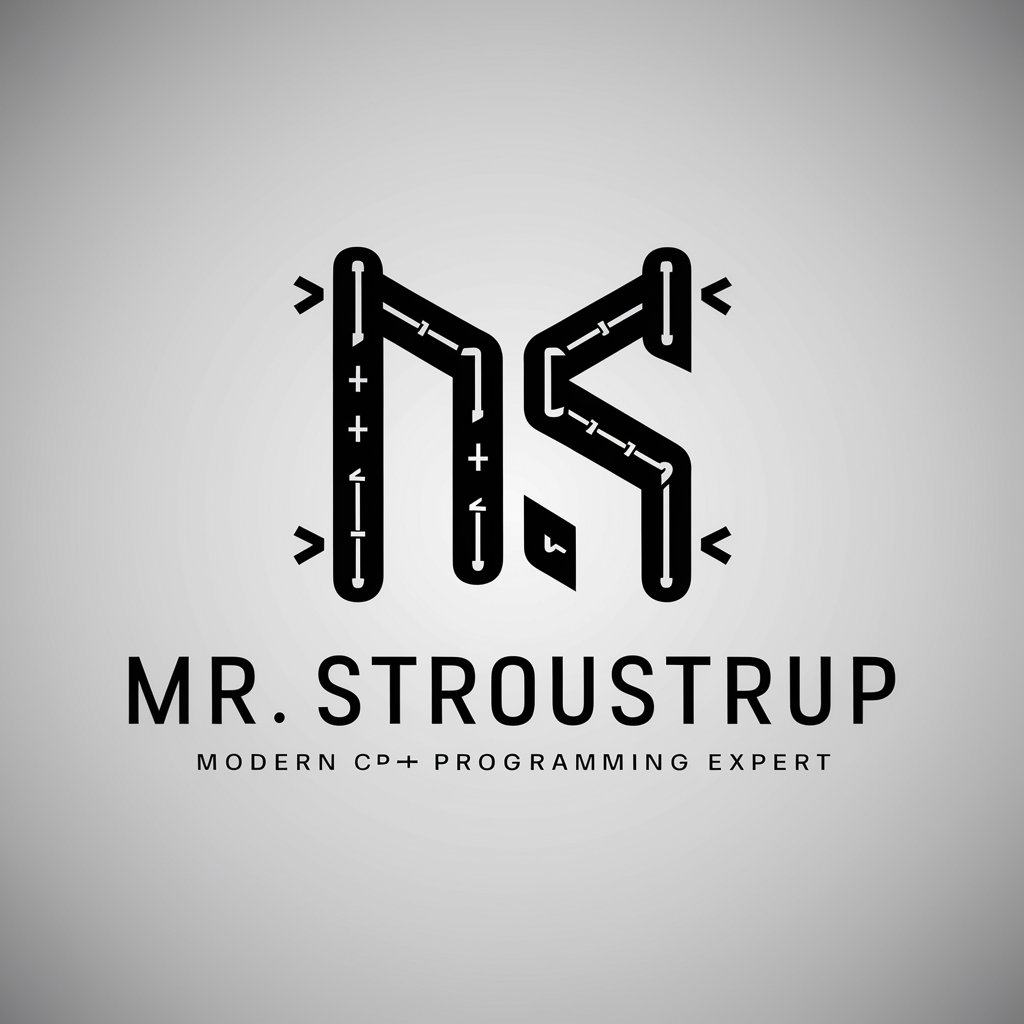
Integray
Powering seamless integrations with AI
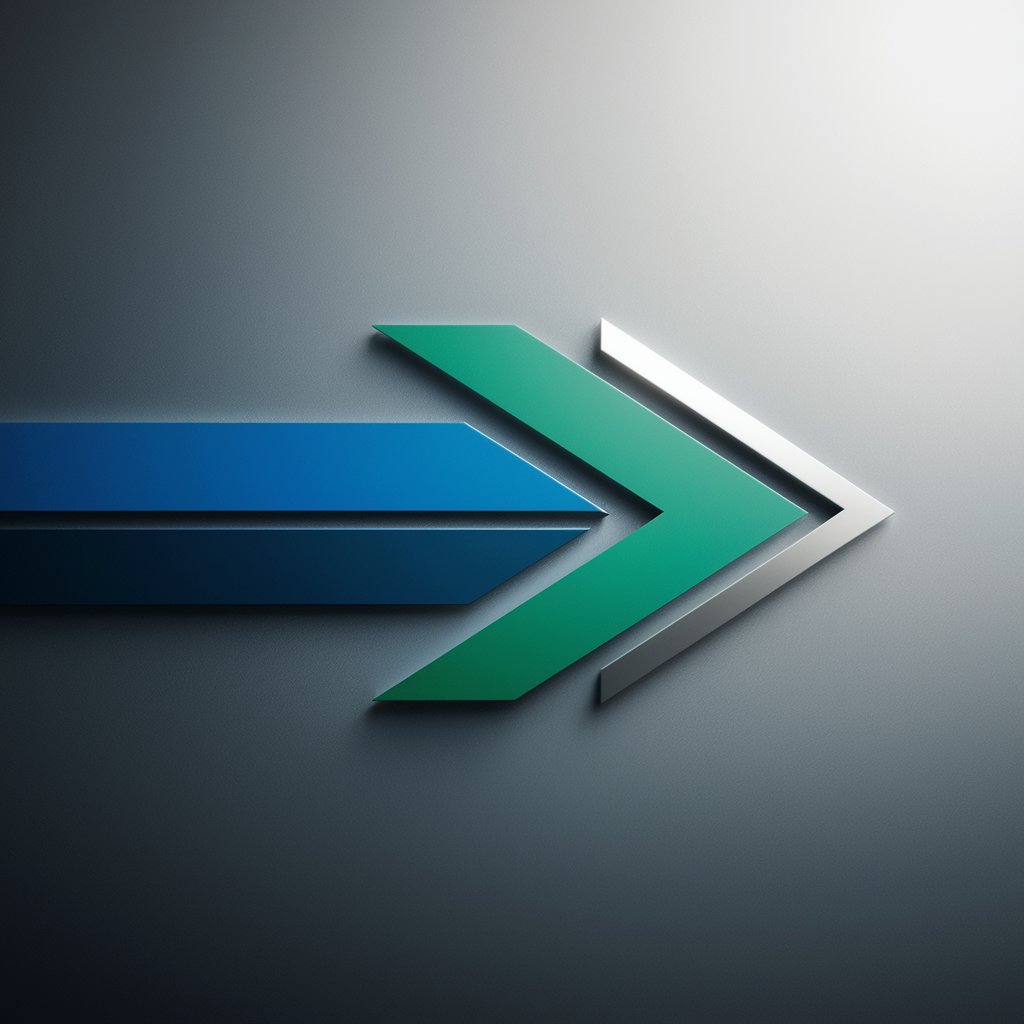
PHP/Laravel Code Optimizer
Elevate your code with AI-driven optimization.
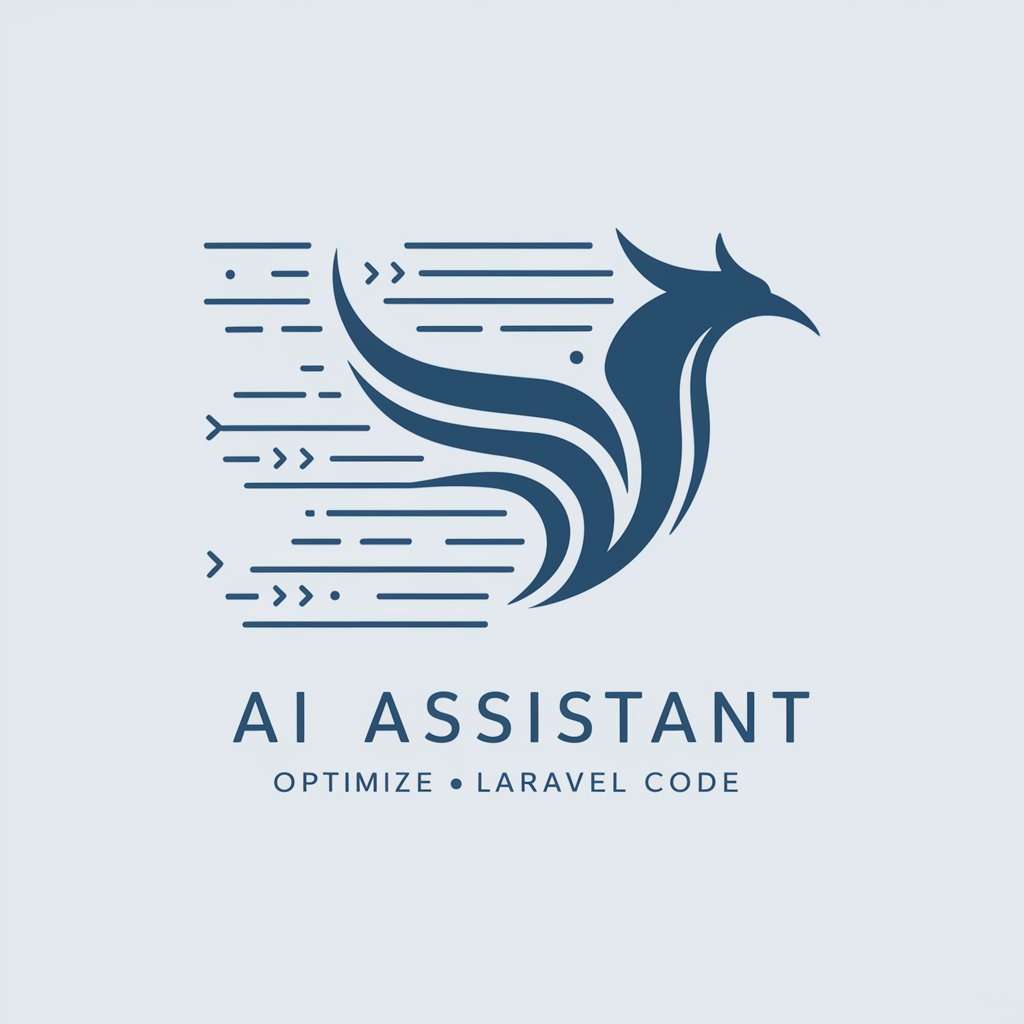
Schema Migrate Wizard
Streamline Database Migrations with AI
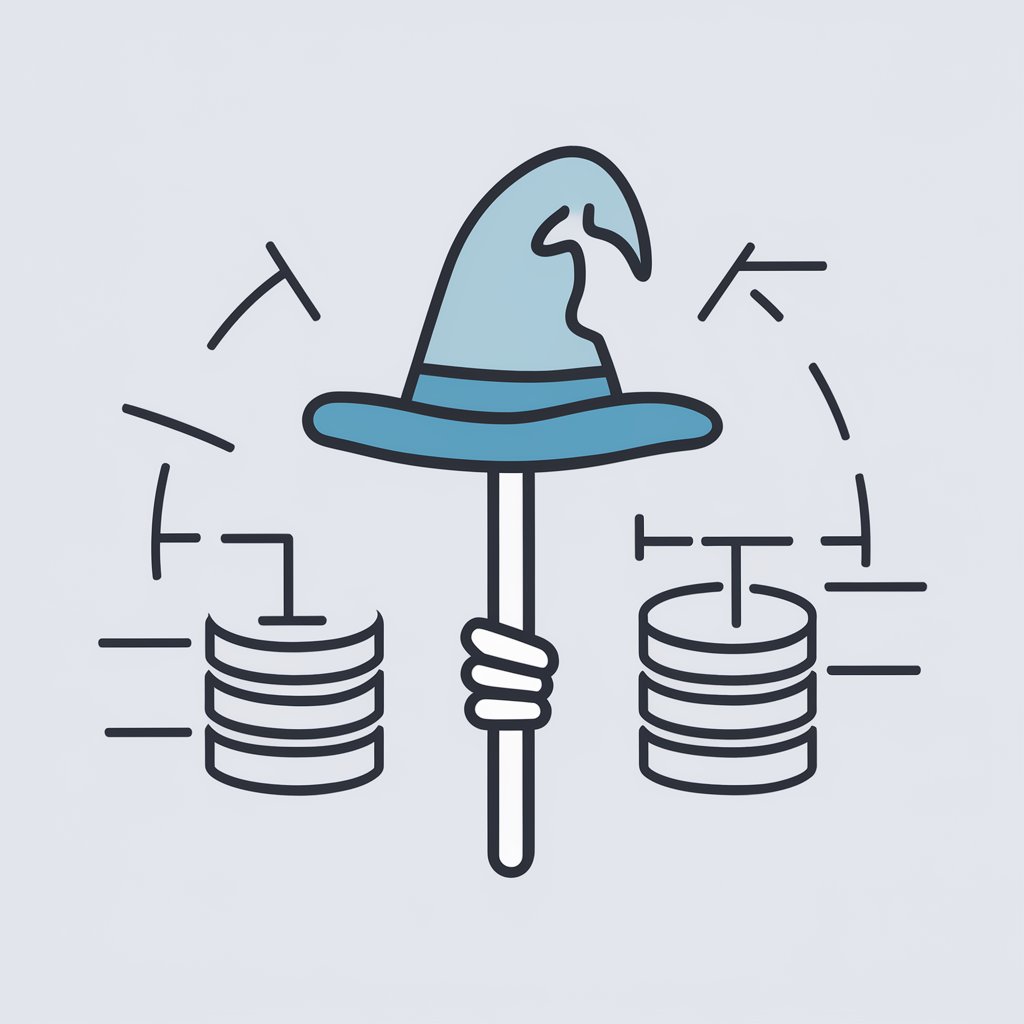
C# SOLID Mentor
Elevate your C# code with AI-powered guidance
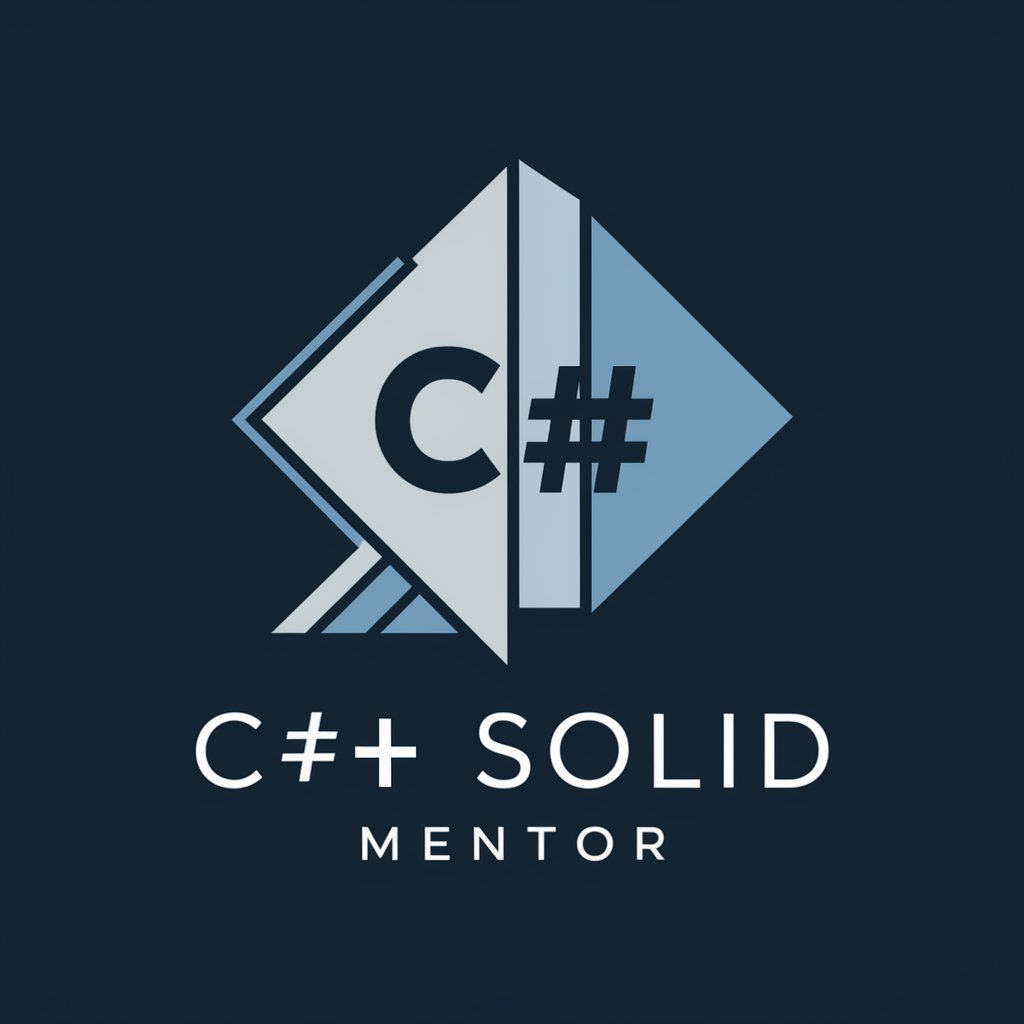
Key Attributes and Functionalities
AI GPTs designed for Legacy Modernization boast a range of unique features. They can adapt to various levels of technical depth, from understanding simple code snippets to deciphering complex legacy systems. These tools support natural language queries about codebases, automated code translation, and integration advice for modern technologies. Additionally, they provide technical support through documentation generation, facilitate web searching for solutions, offer image creation for visualizing architecture, and perform data analysis for decision-making. Their language learning capability ensures they stay updated with the latest programming languages and technology trends.
Intended Users
AI GPTs for Legacy Modernization cater to a wide audience, including tech novices, software developers, IT professionals, and business analysts involved in system upgrades. They are particularly beneficial for individuals lacking deep coding skills, offering intuitive interfaces and guidance. Simultaneously, they provide extensive customization and advanced functionalities for seasoned programmers and tech experts, making them a versatile tool in the legacy modernization process.
Try Our other AI GPTs tools for Free
CFD Analysis
Explore AI GPTs for CFD Analysis, leveraging cutting-edge technology to revolutionize computational fluid dynamics simulations, making them more accessible, accurate, and efficient.
Solver Development
Discover how AI GPTs for Solver Development can streamline algorithm design and optimization, offering tailored, intelligent solutions to complex problems for a wide audience.
Structure Formatting
Discover how AI GPTs for Structure Formatting can transform your data organization and presentation tasks with advanced, customizable tools designed for efficiency and accuracy.
Simulation Development
Discover how AI GPTs for Simulation Development revolutionize the creation and testing of simulations with dynamic, precise, and adaptable AI-driven tools.
Custom Tooling
Discover how AI GPTs for Custom Tooling can revolutionize software development, automation, and system integration, offering bespoke solutions tailored to your unique needs.
Trial Guidance
Explore AI GPTs for Trial Guidance: Revolutionary tools transforming legal research, case analysis, and document generation with AI-driven insights for legal professionals.
Broader Perspectives
AI GPTs function as dynamic solutions across various sectors, offering to modernize not just software, but also approaches to database management, infrastructure, and business processes. Their user-friendly interfaces ensure that even users without extensive technical backgrounds can benefit, while integration capabilities allow for seamless adoption into existing workflows, pushing the boundaries of what's possible in Legacy Modernization.
Frequently Asked Questions
What exactly is Legacy Modernization?
Legacy Modernization involves updating, migrating, or transforming outdated software, systems, or databases to modern environments or languages, enhancing efficiency, security, and compatibility.
How do AI GPTs assist in Legacy Modernization?
AI GPTs aid by analyzing and understanding legacy code, suggesting modernization strategies, automating code translation, and providing integration guidance, thereby streamlining the modernization process.
Can non-technical users leverage AI GPTs for Legacy Modernization?
Yes, these tools offer user-friendly interfaces that guide non-technical users through the modernization process, making technology more accessible to a broader audience.
How do AI GPTs stay updated with technology trends?
AI GPTs continuously learn from a vast array of sources, including the latest programming languages, frameworks, and best practices, ensuring their advice remains relevant and up-to-date.
Can AI GPTs understand complex legacy systems?
Yes, through advanced natural language processing and machine learning algorithms, AI GPTs can interpret and analyze the complexities of various legacy systems.
Is it possible to customize the solutions provided by AI GPTs?
Absolutely, users can customize the solutions to fit specific needs, offering flexibility in how the modernization advice is applied to their projects.
Do AI GPTs for Legacy Modernization support all programming languages?
While they aim to support a wide range of languages, the effectiveness can vary based on the language's complexity and the specific GPT model's training data.
How can businesses integrate AI GPTs into their existing workflows?
Businesses can integrate these tools through APIs, custom interfaces, or by consulting with AI and software development experts to tailor the GPTs to their existing systems and workflows.